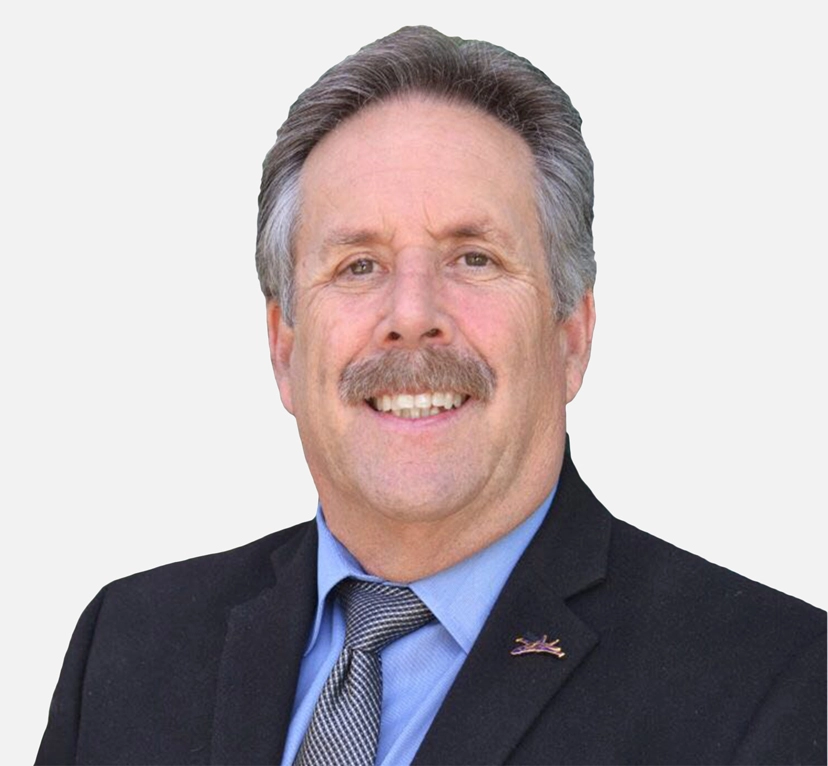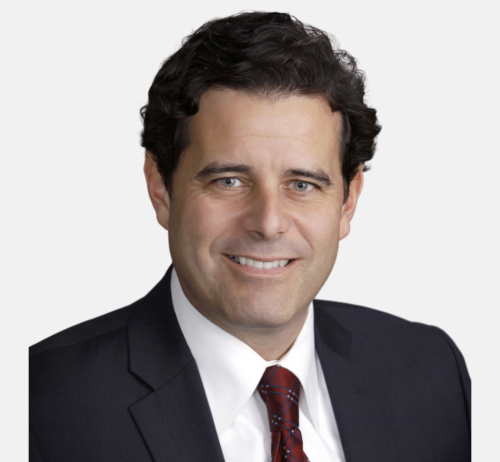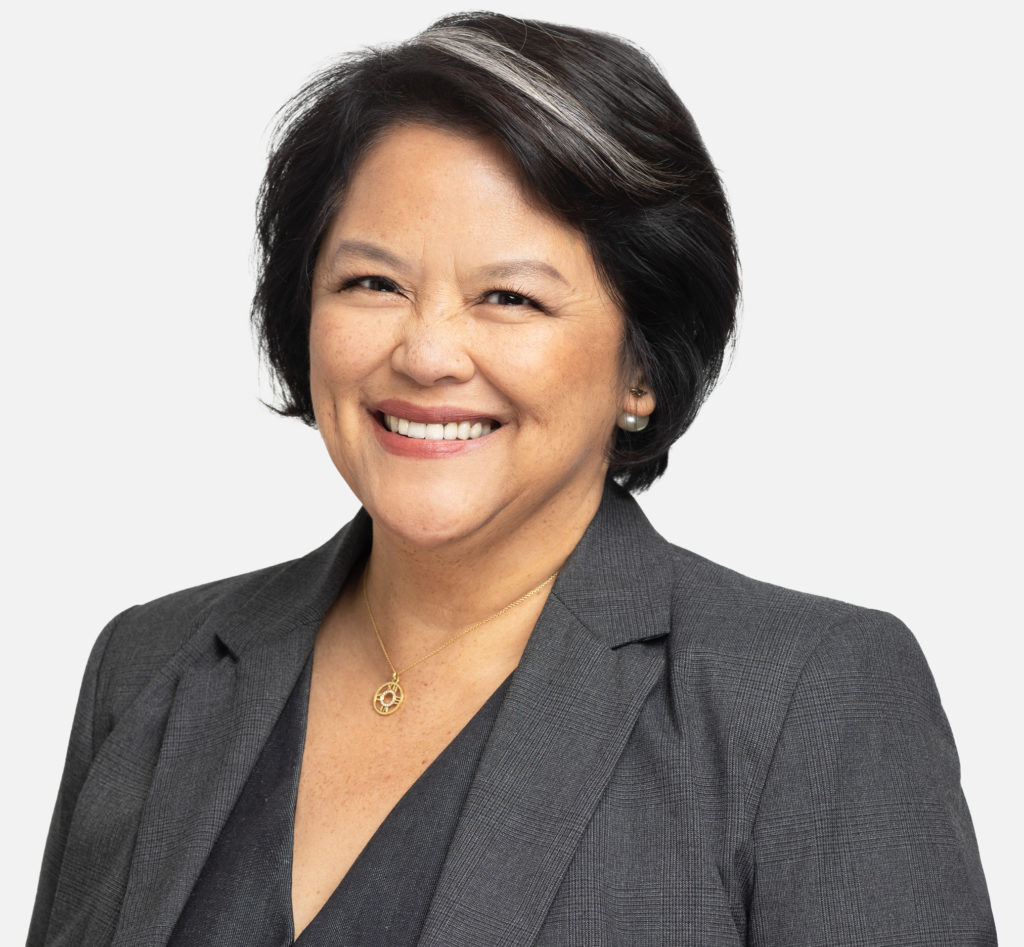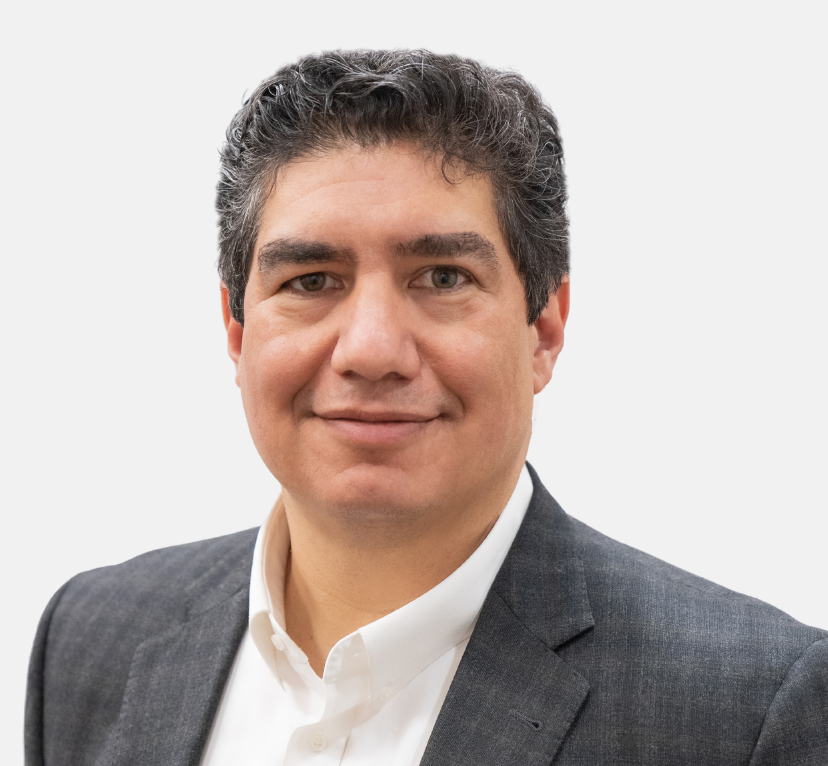
Bruce Rudd
Consultant
(415) 848-7200
ABOUT BRUCE RUDD
Mr. Bruce Rudd recently retired from the City of Fresno after 42 year of public service that culminated with his appointment by Mayor Ashley Swearengin to the position of City Manager in June, 2013. Fresno is located in the Central Valley and is the fifth largest city in California with a population in excess of 527,000 and an annual budget in excess of $1.1 billion. The City of Fresno is also unique when compared to other cities of this size in that public transportation and airports departments are also managed and operated by the City.
Bruce started his career with the City in May, 1977 as a Bus Mechanic and steadily climbed up the ranks within the City’s Transportation Department (Fresno Area Express); where he eventually became the Director of Transportation in 1998. Bruce was then asked to join the City Manager’s Office in 2005 as an Assistant City Manager. During that time Bruce also served as the City’s interim Director of Information Services/Chief Information Officer as well as Director of Parks and Recreation while still holding the position of either Assistant City Manager or City Manager. In fact, there was a period during and after the “Great Recession” in which Bruce simultaneously held the positions of City Manager as well as the Director of Transportation and Parks and Recreation.
As City Manager, Bruce worked closely with Mayor Swearengin, the Fresno City Council, and other stakeholders in developing and implementing several strategies needed to address the financial impacts created by the “Great Recession”, which were further exasperated by previous fiscal practices and/or decisions that were not sustainable (e.g., excessive debt, lack of cash reserves). At the time of his appointment as City Manager the City had less than two weeks of cash on hand and there was a strong belief that Fresno, as was the case with some other California cities, was soon destined for bankruptcy.
Over the next several years the City of Fresno has slowly and methodically restored service levels, established a goal of a General Fund reserve of at least 10% and a 25% operating reserve for all “enterprise” departments (e.g., Public Utilities, Transit, and Airports). The enterprise department reserves are now fully funded and capital/depreciation accounts are also being established. Bruce also worked with Mayor Swearengin and then Councilmember Brand on developing several policy initiatives to ensure the financial well-being of the organization would be sustained. Because of these efforts the General Fund reserve of 10% (approximately $33 million) was achieved shortly after Bruce’s retirement and the adoption of the City’s Fiscal Year 2019 Budget.
The overall improvement in the City’s financial health also resulted in a significant improvement Fresno’s bond ratings, which went from a BBB- to A+ by Standard and Poor’s. Both Moody’s and Fitch issued similar rating upgrades shortly thereafter. These improvements provided Fresno with an opportunity to restructure its’ existing debt resulting a $1 million reduction in both annual debt service payments as well as long term borrowing costs as none of the debt was extended beyond the previous maturity dates. Some of these savings were also set aside to help fund the cost of constructing a new police substation in southeast Fresno, which is anticipated to be completed in 2019. Finally, Fresno was/is one of only a few public agencies in the entire country with retirement systems (general employee and public safety) that are both fully funded. According to former City Councilmember, and now Mayor Lee Brand, “Fresno would not be in robust financial situation it is, without the tireless dedication of former City Manager Bruce Rudd . . .”
As the City Manager, Bruce was also involved in a number of initiatives that focused on improving the local economy, which has long struggled with double digit unemployment, as well as other strategies aimed at improving the quality of life for Fresno residents. For example, Bruce played an active role in negotiating agreements with Amazon and Ulta to establish fulfillment centers, to relocate a rendering plant located in one of Fresno’s most impoverished neighborhoods, as well as coordinating efforts between the City and the California High Speed Rail Authority. These efforts included, but not limited to, assisting with the relocation of local businesses, establishing design and construction standards, and obtaining local funding needed to secure land options to support the region’s efforts to attract the CHSRA’s Heavy Maintenance Facility.
Bruce is also recognized for implementing new programs that have improved the manner in which municipal services are provided. One such program is FresGo, which allows the community to identify a variety of issues using a smart phone/device. Issues can range from potholes to trash. This program not only changed the manner in which work is now scheduled, it has also reduced constituent response times. For example, graffiti is now removed within 24 hours and illegal dumping is addressed in a day or two. More importantly, Bruce used the data derived from the FresGo application to establish citywide performance measures and other operational analytics. The program has been so successful that the Fresno City Council supported the addition of a Director of Customer Relations and Analytics to the City Manager’s Office in 2018.
Another successful program developed and implemented while Bruce was City Manager dealt with substandard housing and their impacts on the surrounding neighborhoods. Over time the City’s efforts to address substandard housing was not effective due to a variety of issues, including an increase in abandon homes combined with a loss of staff during the recent recession. This issue was brought to the forefront in November, 2015, when it was learned that a large apartment complex serving approximately 1,000 residents had been without natural gas for more than a week. Compounding the inability of the residents to provide heat or cook for their families, it was discovered shortly thereafter that many of the units had numerous health and safety related code violations.
As City Manager, Bruce took responsibility in coordinating the City’s immediate response to this crisis, but also took that situation to revise and strengthen local ordinances related to substandard housing. These changes included significant increases in fines as well as the ability to utilize other legal tools such as court ordered receiverships. Bruce also created what eventually became known as the City’s Anti-Slumlord Enforcement Team, which is made up by representatives from the City Manager’s Office, Code Enforcement, Police and Fire Departments, City Attorney, and the Fresno County and City Housing Authority. Using historical data related code violations, number of units, calls for police and fire, history of code violations to prioritize problem properties, this team aggressively pursues the owners of substandard housing units using a variety of legal means in order to seek compliance.
As the City’s Director of Parks and Recreation, and in the midst of the economic downturn, Bruce and his team were able to still successfully acquire more than $5 million in State grant funding that helped to fund the construction of three new community parks. One of the parks, which included a community center, tot lot, splash pad and sport fields, was designed specifically for individuals with disabilities and is the only one of its kind in the county. Bruce was also responsible for shepherding the City’s Parks Master Plan, which not only highlighted the lack of park space in many of Fresno’s older neighborhoods, it also identified more than $112 million in deferred maintenance in existing parks. The completion of the Parks Master Plan ultimately led to a grass root effort by community stakeholders to increase the local sales tax (Measure P) that would be used to fund the deficiencies noted in the plan. While the effort received wide spread support, including two previous Mayors, it failed achieve the required 2/3 voter support needed to pass this referendum. It should be noted though that Mayor Brand has indicated that he will be working community leaders to place something similar on the ballot in 2020.
As previously noted, Bruce started his career in the City’s Transportation Department; and as such, possesses an extensive background and understanding of various transportation programs/grants. Bruce was also intimately involved in the developing the County’s sales tax program (Measure C) that has been used to improve a variety of transportation programs in Fresno County. In fact, one of Bruce’s final assignments prior to his retirement was to assume responsibility for ensuring that Fresno’s $50 million Bus Rapid Transit (BRT) project was completed and operational.
At that time, there were a number of issues plaguing the BRT project, including serious concerns from the Federal Transit Administration over grant compliance, technology/integration, and operational readiness. In order to address these concerns, Bruce convened a team of city departments and implemented a number of project management tools (e.g., earned value reports, expedited change order review) that not only effectively addressed the concerns of the FTA, but more importantly, resulted in BRT services being successfully launched in February, 2018.
When it comes to the field of labor relations, Bruce has acknowledged that his ability to successfully address many of fiscal challenges facing the City of Fresno would not have occurred without creating a long and productive relationship with the majority of the City’s labor leaders, including both Police and Fire unions. Bruce’s history of collaborating with labor groups played a key role when it came time to negotiate successor labor agreements that included significant concessions to employee to health insurance and retirement benefits.
STRENGTHS
- 42 Year’s of public service, of which almost half were in executive level positions
- Developed and administered annual budgets of more than $1 billion
- Successfully worked with policy makers and other stakeholders to avoid bankruptcy and to restore the City of Fresno’s finances, bond ratings, and essential public service
- Partnered with other agencies to improve quality of life for the community
- Extensive knowledge and understanding of municipal finances and operations
- Managed a number of capital improvement projects, including the renovation of the City’s Convention Center and Theater, Bus Rapid Transit, as well as the largest compressed natural gas fuel facility in the region
- Ability to understand complex issues and develop effective innovative and creative strategies that improve the manner in which municipal services are delivered
- Proven leadership skills, communicator, and team builder with a track record of bringing people together to identify solutions and for deliver successful outcomes
APPLICABLE EXPERIENCE
- City Manager: June, 2013 to August, 2017, retained by Mayor Brand until April, 2018 to assist in the transition of a new City Manager and to complete key initiatives and projects (e.g. Parks Master Plan, Bus Rapid Transit, Fiscal Year 2019 Budget)
- Assistant City Manager: June, 2005 to June, 2013
- Director of Transportation: May, 1998
- Served as interim Director of Information Services, Transportation, and Parks and Recreation while still holding the position of either City Manager or Assistant City Manager
- Vice Chair of the City of Fresno Employee’s Health and Welfare Trust
- Executive Board Member, Fresno County Economic Development Corporation
EDUCATION
- Bachelor of Science in Business Administration, University of Phoenix



















